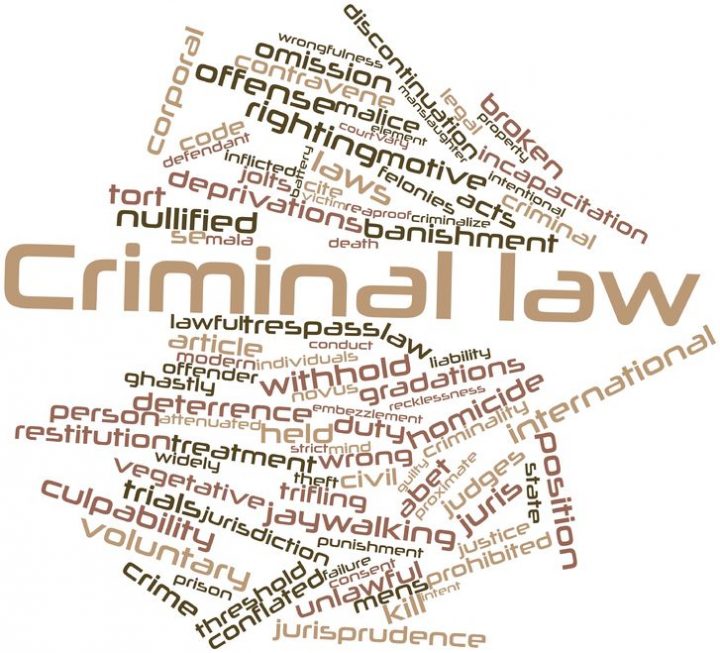
For cyber crimes In Tulsa and across Oklahoma, convictions can result in severe penalties, including prison time, hefty fines, and lasting damage to your reputation. Whether it involves hacking into computer systems, committing fraud online, or harassing someone through digital means, cyber crime charges can be complex and challenging to navigate.
What Are Cyber Crimes Under Oklahoma Law?
Cyber crimes refer to criminal activities that involve computers, networks, or digital devices. Oklahoma’s Computer Crimes Act outlines a broad range of offenses involving the unauthorized use of computers and networks. In Tulsa, common cyber crimes include hacking, online fraud, identity theft, and cyber harassment. Each offense carries distinct legal definitions and penalties, depending on the severity of the act and the harm caused.
1. Hacking (Unauthorized Access)
Hacking involves gaining unauthorized access to another person’s or organization’s computer system or data. Under Oklahoma law, it is illegal to intentionally access, alter, damage, or disrupt computer systems without permission. Hacking also includes denial of service attacks, planting malware, or interfering with data transmissions.
Misdemeanor charges may apply for first-time or minor offenses, punishable by up to one year in jail and fines up to $5,000. Felony charges can arise if the hacking causes substantial damage or financial loss, leading to up to 10 years in prison and fines of up to $100,000.
2. Online Fraud and Identity Theft
Cyber fraud typically involves using the internet to deceive individuals or businesses for financial gain. This includes phishing schemes, credit card fraud, online scams, and identity theft. Identity theft is defined as the fraudulent use of another person’s personal information—such as Social Security numbers, bank accounts, or login credentials—without consent.
Fraud involving less than $500 can result in misdemeanor charges, while fraud involving $500 or more is a felony, punishable by up to 10 years in prison and significant fines. Victims of identity theft may also pursue civil lawsuits for damages.
3. Online Harassment and Cyberstalking
Under Oklahoma law, cyberstalking and harassment are criminal offenses. This includes sending obscene messages, impersonating someone online, or repeatedly contacting a person to cause emotional distress.
Misdemeanor charges may result in up to one year in jail and fines up to $1,000. If the harassment involves a credible threat or prior protective orders, felony charges may apply, carrying harsher penalties.
Defending Against Cyber Crime Charges
If you are facing cyber crime charges in Tulsa, you need to understand that these cases often involve complex technical evidence. Prosecutors may rely on digital forensics, IP address tracing, and expert testimony to build their case. However, defenses may include:
- Lack of intent: Proving you did not knowingly or intentionally commit the crime.
- Mistaken identity: Someone else may have used your network or device.
- Insufficient evidence: Challenging the reliability of digital evidence.
- Consent: In some cases, access to systems or data was authorized.
Working with an experienced Tulsa criminal defense attorney is critical in cyber crime cases, as the stakes are high and the law is continually evolving.
Our Tulsa Criminal Lawyers Can Help Fight Cyber Crime Charges
Cyber crimes in Tulsa, whether involving hacking, fraud, or online harassment, carry serious legal consequences. As technology becomes more integrated into daily life, the enforcement of computer-related crimes will continue to intensify. If you or someone you know is facing a cyber crime charge, it is essential to act quickly and seek legal guidance. A strong defense can make a significant difference in protecting your rights, freedom, and future.
If you are facing cyber crime charges, call our team at Tulsa Criminal Lawyers Law Firm at (918) 416-0358 or contact us online for a consultation with an attorney.
